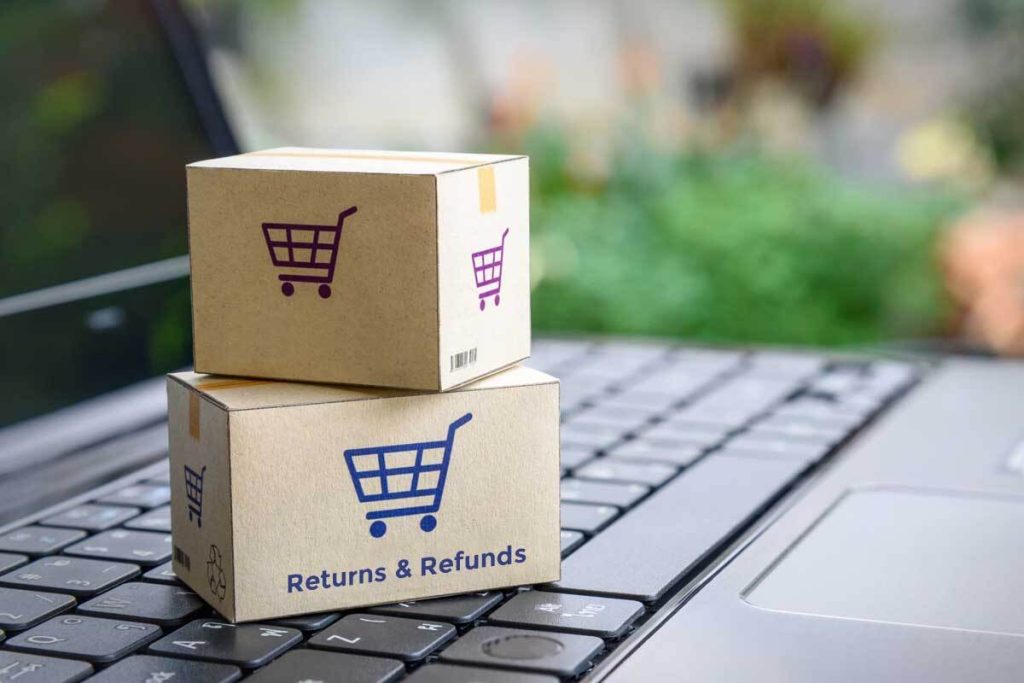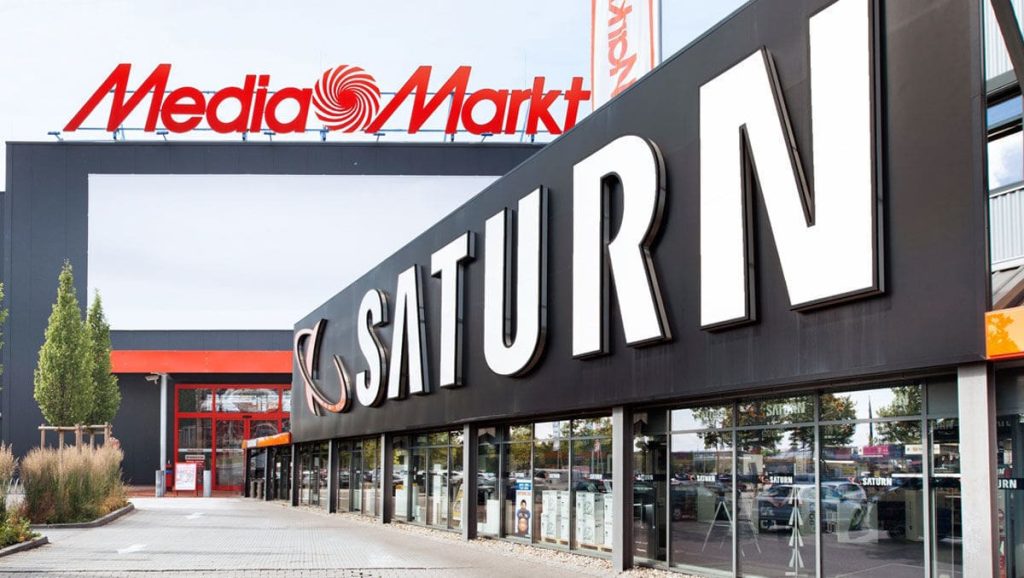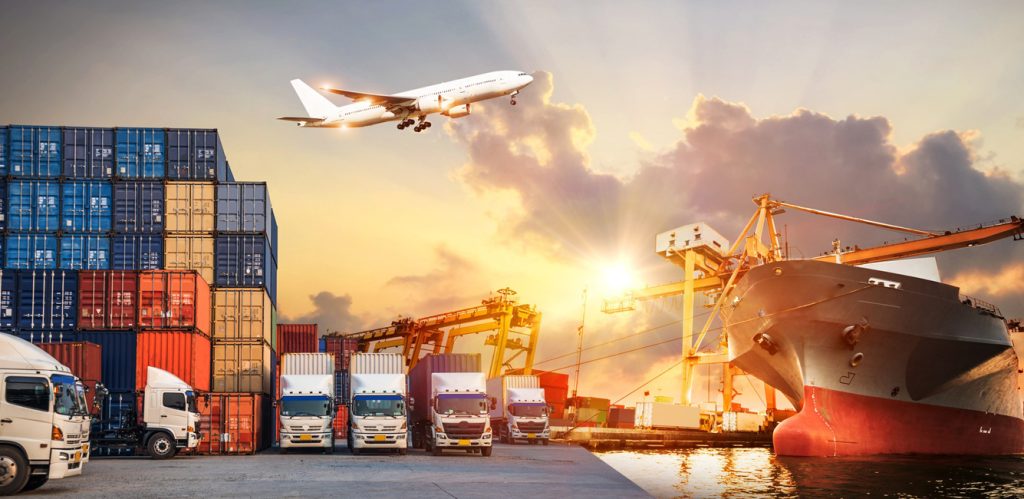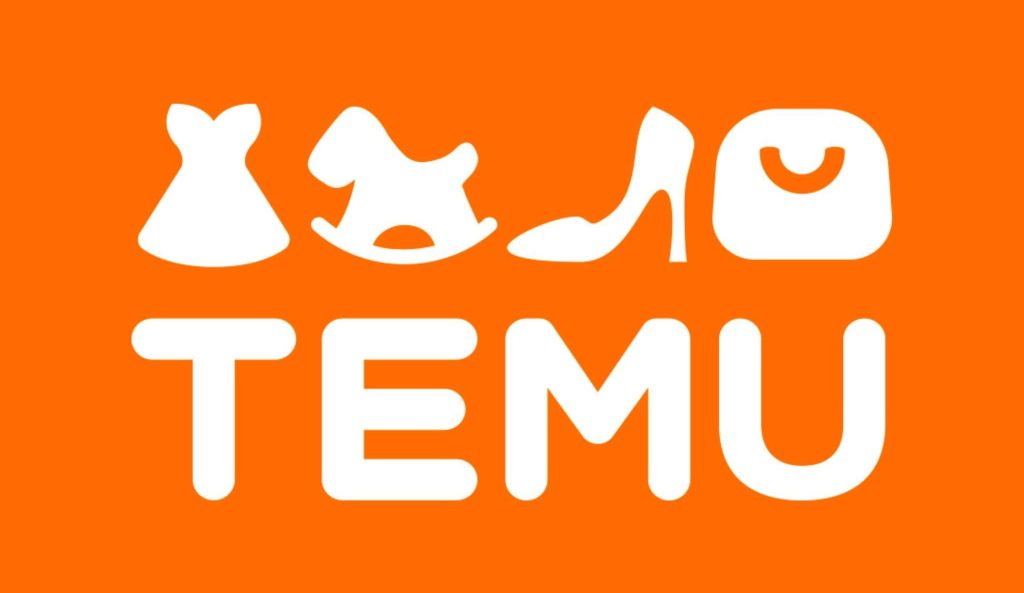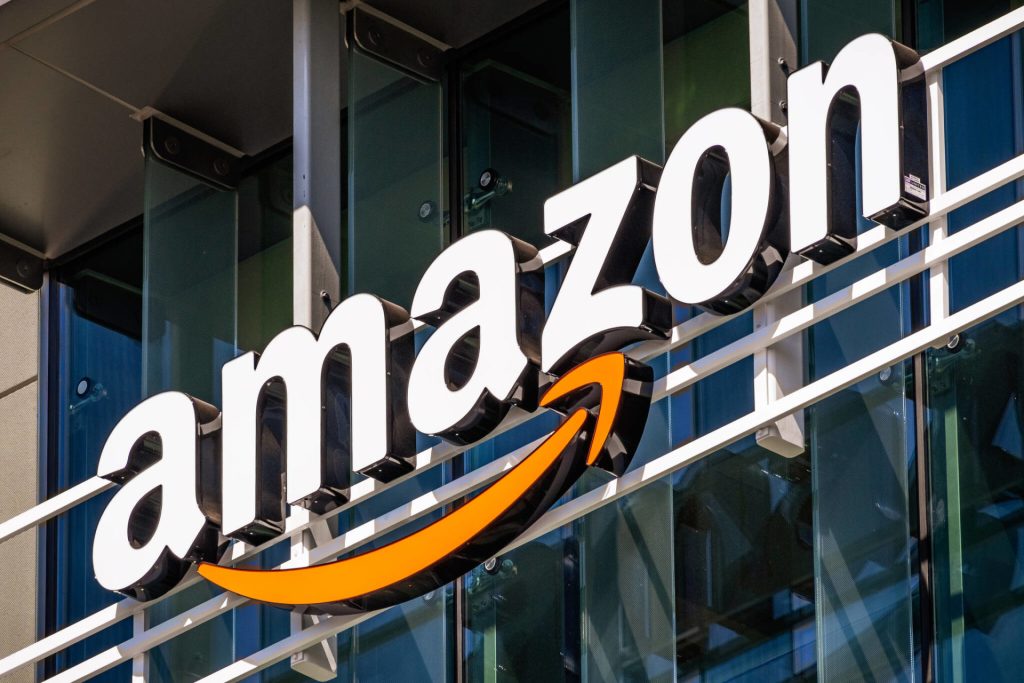 Recommerce is a relatively new term, which includes solutions like repair, remanufacturing, rental services, reconditioning, refurbishing, and resale. Online marketplaces such as Vinted are good examples of c2c recommerce marketplaces.
Recommerce is a relatively new term, which includes solutions like repair, remanufacturing, rental services, reconditioning, refurbishing, and resale. Online marketplaces such as Vinted are good examples of c2c recommerce marketplaces.
In 2022/23, the European recommerce market was valued at 94 billion euros. The market share, compared to the total European ecommerce market, is now 12.3 percent. It is expected to increase to 14 percent in the next three years.
According to a research by Cross-Border Commerce Europe, the recommerce market is projected to grow 5 times faster than the overall retail market by 2025. A previous research indicated that the recommerce market was worth 75 billion euros in 2021.
The researchers already projected that the market will be worth 120 billion euros by 2025. With the market’s current growth, that is still to be expected. This means that the market value will increase 27 percent in the next three years.
According to the research, 76 percent of online shoppers think that the attitude to second-hand shopping has improved. And according to 41 percent, buying second-hand has even become a status symbol. This shows that the image of the recommerce market is still improving.
At least 85 percent of shoppers either bought or sold used goods last year. And 27 percent did that for the first time. 69 percent of sellers in the recommerce market said the money they made helped them pay bills. And 39 percent said that reselling helped them make ends meet.
Many consumers have turned to recommerce for its sustainable image, but the researchers say that there are some limitations to it. Reselling is a positive step, but its benefits could be limited if buyers choose second hand clothes in addition to, rather than instead of, new outfits. Rentals could be more detrimental to the environment, primarily due to the transportation involved in exchanging shared goods. Online peer-to-peer rental platforms offering multi-category fashion products promote sustainability but also increase ‘last mile’ logistics routes for cleaning services.
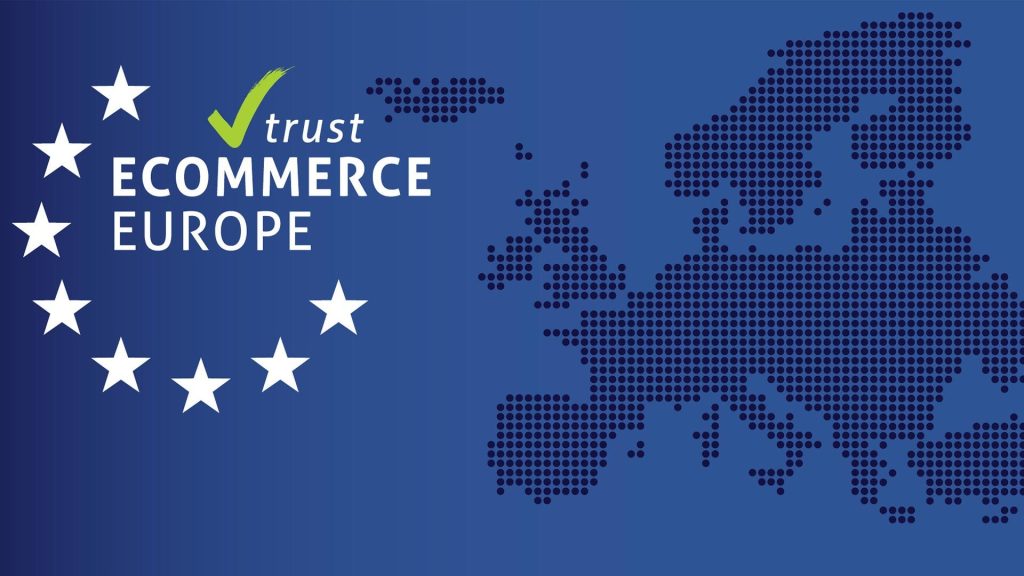 In the manifesto prepared in the lead-up to the elections for a new European Parliament, Ecommerce Europe states that it is more important for online sellers that existing rules are enforced than the introduction of new rules.
In the manifesto prepared in the lead-up to the elections for a new European Parliament, Ecommerce Europe states that it is more important for online sellers that existing rules are enforced than the introduction of new rules.